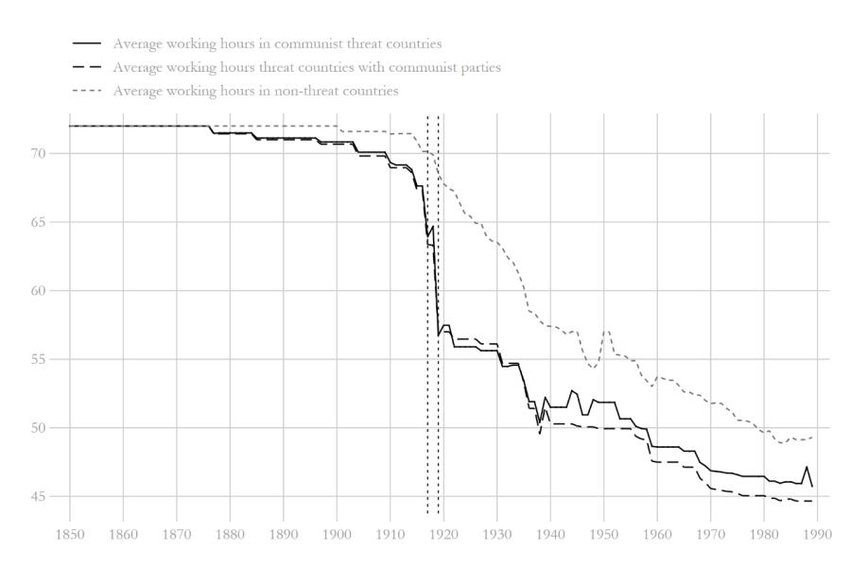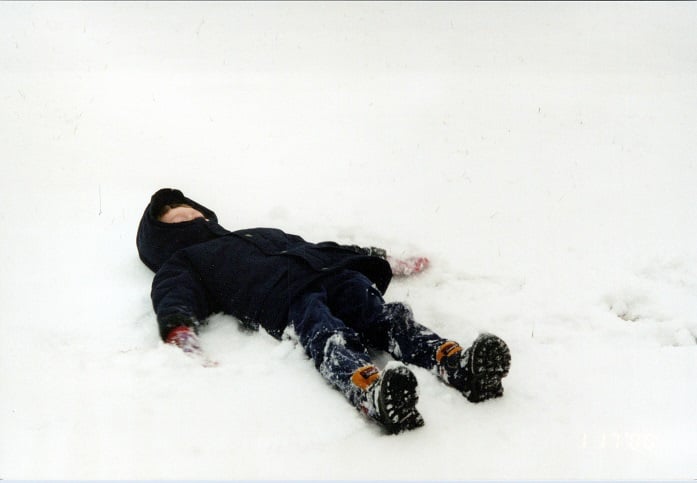In 1924, it was 40 hours per household. Most workers had a wife to cook, clean, and raise the children. It should still be 40 hours per household. Women, men, and enbies should all work 20 hours a week. Anything more than that should have legally mandated overtime.
Maybe if we did that, the zoomers could actually afford to get married and have kids.
And to be clear, cooking, cleaning and raising the children is a full time job itself.
That means modern families where both parents have jobs are all working overtime.
Pretty sure it wasn’t? All sources I could find seem to indicate that average work time as fallen a lot on the pas century world-wide
 .
.That one’s biased. It doesn’t consider reproductive labour to be labour, which is a social bias rooted in historical misogyny that devalued “women’s work”.
And even then, it should have had a spike anyway during the feminist revolution, when half the population stopped working “0” hours. It doesn’t count women who didn’t work. It only counts people currently in the workforce. It hides the fact that’s twice as many these days.
You’re
Forced to lock in
If only I could afford to be that mouse fishing
Fishing can be a pretty inexpensive hobby!! I get most of my equipment off Ali Express. It’s far cheaper than Walmart or Dick’s and the fish do not care if you have knock off lures.
It’s less the cost of gear and more the having the time to spare
I used to fish all the time back in the day with my family and I really enjoyed it
All you really need is a cane pole, line, and hooks.
And free time, which is expensive, and gas to drive to a body of water 😭
Don’t forget a straw hat
And some cute lil mouse britches!
Time. The issue for many is time.
MY asking?
Wind in the Willows vibes.
Kenneth Grahame knew more about suffering and what makes a good life more than anyone. He also saw the dangerous allure of capital and industrialization through Toad.
I would give anything to spend my days boating up and down the river while taking breaks for picnics in the fields with Water Rat and Mole.
I am utterly convinced Wind in the Willows is not actually children’s literature at all. Especially with the chapter with the Southern Rat, with whom Water Rat becomes entranced with his life in Spain, and wants to follow, only being held back by his friend Mole, who does not want to lose him. Grahame knew so much pain, and he likely similarly wanted to run away to a different, more fanciful life.
We are, all of us, Water Rat and Mole, and those of us who have issues, we can only hope to grow and become better people, like the reformed Toad. We all need a Badger to help us fend off the various weasels, stoats, and ferrets who would take all from us.
And all of us need the help of the Piper at the Gates of Dawn, for we are all lost woodland creatures.





